- Join Our Top Full Stack with Java Training Institute to Become a Skilled Web Developer.
- Complete Full Stack Java Developer Training Covers HTML, CSS, JavaScript and Core Java.
- Learn with Flexibility and at Your Own Pace Available in both weekday and weekend batches.
- Work on Real-Time Projects and Build Job-Ready Skills with Practical, Hands-On Experience.
- Get Our Full Stack With Java Certification Course with Placement Support.
- Receive Guidance on Resume Building, Interview Preparation & Career Planning.
 Fees Starts From
Fees Starts From






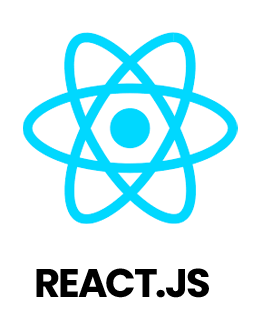
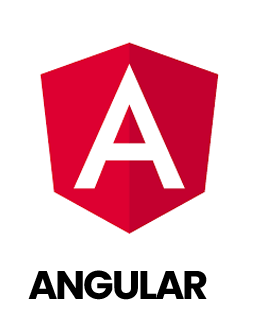
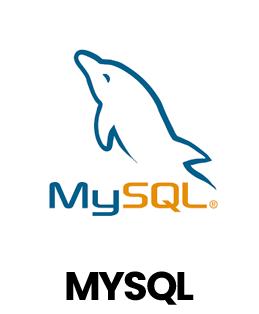
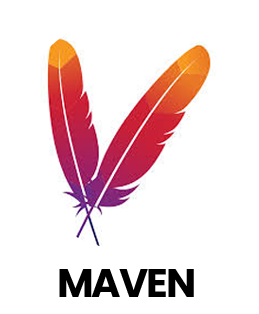
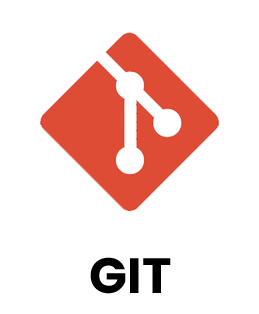
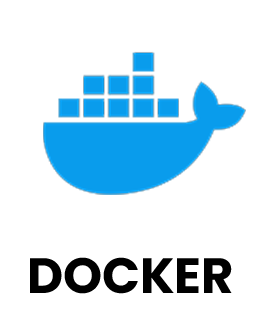

















 Chennai Location
Chennai Location Bangalore Location
Bangalore Location